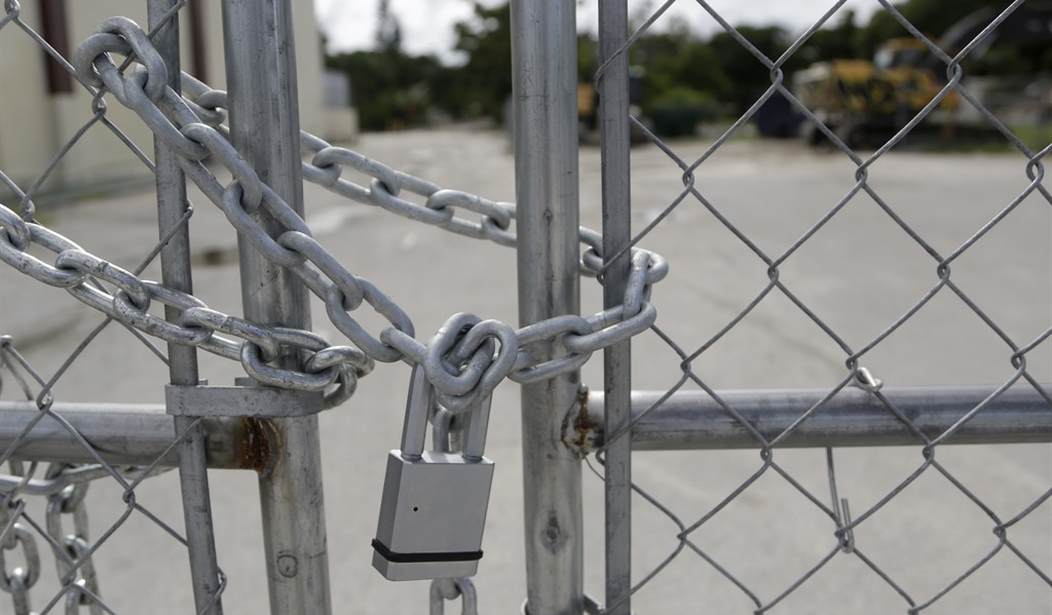We’ve seen a number of cities announce adopt working groups or task forces to come up with ways to combat violent crime over the past couple of months, but how easy is it to monitor what these groups are actually doing? In the Quad Cities area of Iowa and Illinois, the answer is “not easy at all,” because a task force established by Davenport, Iowa Mayor Mike Matson have decided to keep all of their deliberations closed to the public.
Matson says he quizzed the members of the task force (which include local school board members, community activists, police officers, pastors, and a few politicians) to see if they wanted to open their meetings to the general public, and the answer was a resounding “no.”
“That was my decision to start,” Matson said of holding closed-door meetings of the task force. “Now, this is a group decision.”
Matson has expressed concerns that public meetings will squash candid discussion, saying he wanted to provide a “safe place” where task force members felt comfortable having direct and honest conversations about sensitive topics surrounding violence and trauma.
Meetings about public safety that aren’t open to the public because doing so would make task force members feel unsafe. Oh, the irony.
What exactly are these task force members worried about? More importantly, if “direct and honest conversations” can only take place outside of the public eye, then why should residents believe anything these task force members say publicly? What’s being said in private that’s too controversial for the public to hear?
Look, I’m not opposed to these types of task forces or working groups, but I do have a problem with a lack of transparency in government, and the task force that the mayor’s established has some serious issues. According to the Quad-City Times newspaper, the mayor and city council never actually formally created the task force by vote or executive order. The ad hoc status of the task force leaves it largely beyond the state’s open meetings law, which means it can operate in the shadows without any citizen oversight.
The executive director of the Iowa Freedom of Information Council recently weighed in on the shady setup.
As I told a Quad-City Times reporter in one of those calls I receive, it is hard to imagine Davenport will be able to make headway against persistent gun violence by shutting the public out from the information-gathering process or the process of making recommendations to the city council or police department.
Yes, the task force is not required by law to meet in public. But nothing prevents those meetings from being open to concerned people — just as the law does not prevent other government bodies from doing more than the bare minimum the law requires.
One task force member that spoke to the Quad-City Times says it’s “premature” to bring the public into these discussions, arguing that the group needs “more of a structure and a solid plan before the public becomes involved with it.”
It sounds like the group hasn’t done much of anything since it was informally put together last month, which may be a big reason why the mayor and members of the group would like to keep the public barred from its meetings. It’s easy for politicians to say they’re “doing something” about violent crime by putting together a commission or task force to investigate next steps, but if the public can’t be involved or informed about what that group is doing, why should they accept anything that task force ultimately produces?
Americans’ trust in government is fading quickly, and actions like the one taken by Davenport’s mayor and his informal task force don’t help. A working group that’s supposed to be about public safety but isn’t open to the public will only foster distrust and skepticism, and the desire for a “safe space” for task force members should take a back seat to the demand for government transparency from the public. Gun owners and Second Amendment supporters should be keeping a close eye on their own local governments and how they’re addressing the increase in violent crime, and any attempt to bar the public from their discussions needs to be loudly and clearly called out.









Join the conversation as a VIP Member